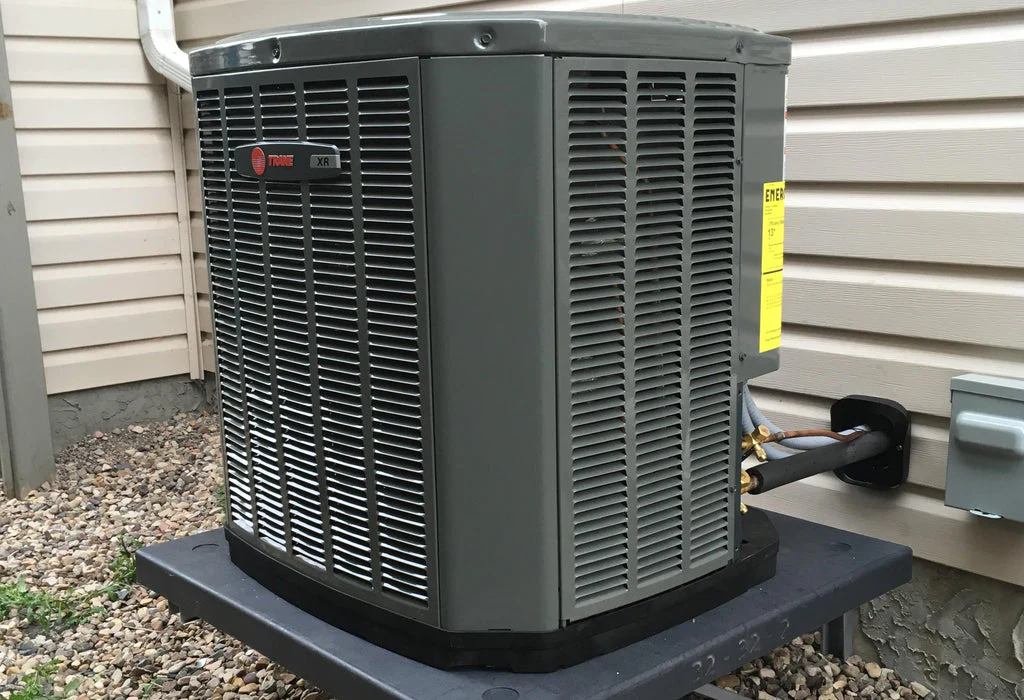Water is vital in our daily lives, but not all water is created equal. Hard water, characterized by high mineral content, can pose challenges, particularly for HVAC (Heating, Ventilation, and Air Conditioning) systems. In this blog, we’ll explore what hard water is, the minerals commonly found in it, and the effects of these minerals on HVAC systems.
What is Hard Water?
Hard water contains high levels of dissolved minerals, primarily calcium and magnesium carbonates, bicarbonates, and sulfates. These minerals are picked up as water passes through rocks and soil, increasing mineral content in groundwater sources.
Common Minerals in Hard Water:
- Calcium (Ca2+): Calcium is one of the most abundant minerals in hard water. When heated, calcium can precipitate out of the solution, forming scale deposits on surfaces such as pipes, heat exchangers, and cooling coils.
- Magnesium (Mg2+): Like calcium, magnesium can also contribute to scale formation in HVAC systems. It reacts with soap to form a sticky residue known as soap scum, which can coat surfaces and reduce system efficiency.
- Bicarbonates: Bicarbonates, such as calcium bicarbonate and magnesium bicarbonate, contribute to the alkalinity of water and can exacerbate scaling issues in heating elements and boilers.
- Sulfates: Sulfates are less common in hard water but can still contribute to scaling and corrosion in HVAC equipment, particularly in combination with other minerals.
Effects of Minerals on HVAC Systems:
- Scale Buildup: The deposition of minerals on heat transfer surfaces, such as coils, pipes, and heat exchangers, reduces thermal efficiency and impedes heat transfer. This can lead to increased energy consumption, reduced system performance, and premature equipment failure.
- Reduced Flow Rates: Scale accumulation in pipes and fittings can restrict water flow, causing pressure drops and uneven distribution of heating or cooling throughout the system.
- Corrosion: Minerals in water can react with metal components in HVAC systems, leading to corrosion and deterioration of equipment over time. Corrosion weakens structural integrity, increases maintenance requirements, and can result in leaks or system failures.
- Decreased Lifespan: The combined effects of scale buildup, reduced flow rates, and corrosion can shorten the lifespan of HVAC equipment, leading to costly repairs or replacements.
To mitigate the effects of hard water on HVAC systems, several strategies can be employed:
- Water Treatment: Installing water softening or filtration systems can reduce mineral content and mitigate scaling and corrosion.
- Regular Maintenance: Implementing a proactive maintenance schedule, including cleaning and descaling procedures, can help prevent and address mineral buildup in HVAC equipment.
- Corrosion Protection: Utilizing corrosion-resistant materials and coatings, such as epoxy or polymer linings, can help protect metal components from the corrosive effects of hard water.
- Monitoring and Testing: Regular monitoring of water quality and system performance can help identify issues early and implement appropriate corrective measures.
Hard water containing high mineral levels can have detrimental effects on HVAC systems, including scale buildup, reduced efficiency, and increased maintenance requirements. Understanding the composition of hard water and its impact on equipment is essential for maintaining optimal system performance and longevity. By implementing proper water treatment, maintenance, and monitoring strategies, HVAC professionals can mitigate the adverse effects of hard water and ensure the continued reliability and efficiency of HVAC systems.


0 Comments